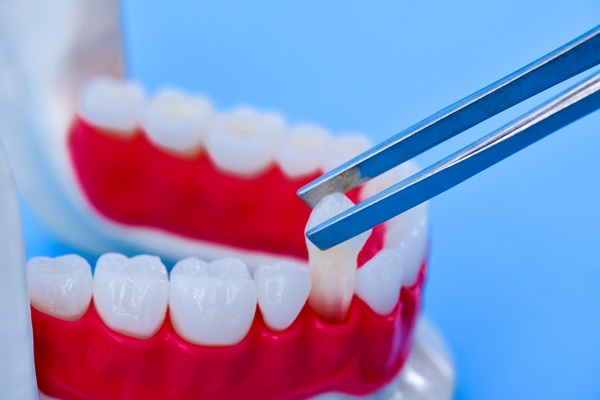A Step by Step Guide To Getting Your Wisdom Teeth Removed

removal is one of the most common oral surgeries, but it still makes many nervous. However, many patients find that knowing what to expect from the process helps ease nerves. This article offers a step-by-step look at the process to make the procedure seem less intimidating. In addition, we will examine the potential benefit, such as eliminating future dental pain, that make the procedure worthwhile.
Why remove wisdom teeth
If there is not enough room for wisdom teeth to erupt properly, they can cause crowding and dental pain. Increased risk of infection is another negative consequence. Therefore, an oral surgeon may recommend removal. Removal is typically done between the age of 18-21 when they start to come in for most people. At this age, bone is more flexible, and there is less fracture risk during the procedure.
Steps to the process
The specifics of the procedure can vary quite a bit based on circumstances, such as the number of wisdom teeth or the person's particular health situation. However, the three main steps to the process are the same for almost everyone.
Step 1: Preparation
Patients should prepare to take an average of 1-3 days off work or school — even more if their job is strenuous. Also, patients should prepare for the recovery period at home with soft foods and stuff to keep them occupied. Some form of sedation may be used. Therefore, patients should arrange a ride to and from the appointment.
Patients are advised not to smoke 12 hours before the procedure and discontinue any medication their dentist has directed them to. In addition, depending on the type of sedation, the patient may need to avoid eating or drinking by midnight on the day before the procedure.
Step 2: The procedure
On the day of the procedure, patients should wear loose-fitting clothing, glasses instead of contacts, and no make-up or jewelry. The patient will be given local anesthesia injected into the extraction site. The injection should feel like o quick pinprick and will numb the area to help eliminate discomfort.
As the area numbs, sedation may be administered if the patient and oral surgeon agrees it is necessary. Even the mildest sedation, nitrous oxide, in combination with local anesthesia, usually makes for a very comfortable procedure where the patient experiences little to no discomfort.
The procedure typically involves an incision in the gum tissue to expose the wisdom tooth so it can be extracted. Once the tooth is out, the surgeon will carefully stitch the wound and place gauze over the extraction site. Some patients will need only one or two wisdom teeth removed, and the process will go relatively quickly.
Step 3: Recovery
Those who have undergone general anesthesia or heavy sedation may spend some time in a recovery room after the procedure. Those who have undergone local anesthesia only need a brief time in the dentist's chair. The dentist will give the patient aftercare instructions specific to their case. Most post-surgery discomfort does not last long and can be well managed with over-the-counter pain relievers.
Wisdom teeth removal supports oral health
We hope this overview has made you more comfortable with the procedure. However, if wisdom teeth are causing oral health problems, it is best to have them out sooner rather than later. To learn more about wisdom teeth removal, call our office today.
Request an appointment here at https://spectrumsurgical.net or call Facial Spectrum at (816) 524-4334 for an appointment in our Lee's Summit office.
Check out what others are saying about our dental services on Yelp: .
Recent Posts
A dental implant is considered the gold standard of dental restorations. Titanium rods act as dental roots that stimulate the jawbone. The artificial crowns replace the missing ones above the gumline. These restorations are what you need to have stable, natural-looking teeth again. Here are the details about the role of a dental implant in…
A dental implant is considered the gold standard of dental restorations. Titanium rods act as dental roots that stimulate the jawbone. The artificial crowns replace the missing ones above the gumline. These restorations are what you need to have stable, natural-looking teeth again. Here are the details about the role of a dental implant in…
A regular dentist can refer you to an oral surgeon if you need more dental care. This type of surgeon can perform procedures that can improve the face, mouth, or neck. Understanding the reasons for a referral to this provider can help you prepare for your procedure. Here are the reasons your dentist will refer…
A sinus lift or sinus augmentation can build up your upper jaw. This procedure is invasive. The dentist will take healthy bone and place it in the section of the maxilla that needs it. Here are the sinus lift benefits that you must consider.Studies show that a thinning upper jawbone can result in the weakening…

